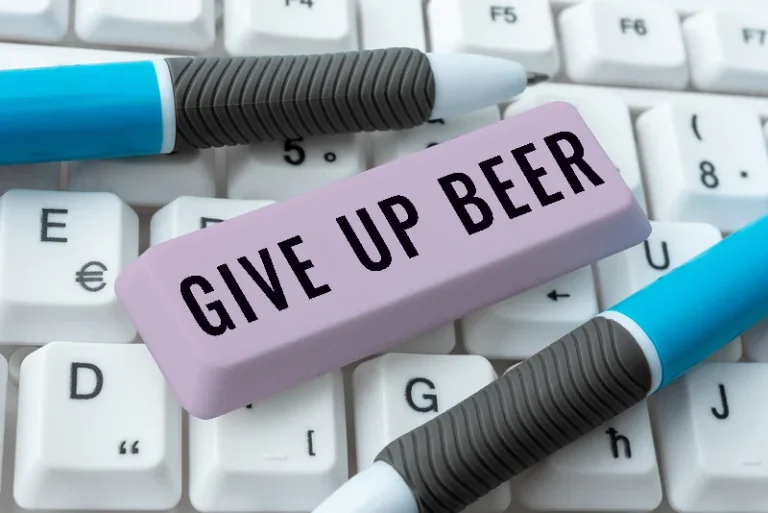Common Reasons For Relapse & How To Avoid It Gateway Help
DITYsports
Inleiding:
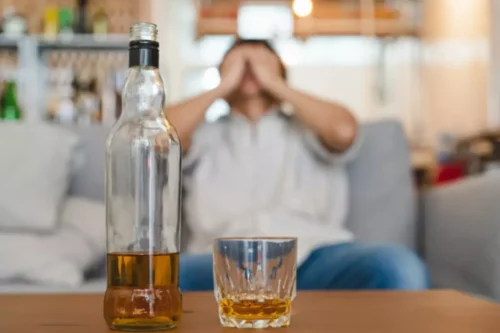
Perhaps the most glaring warning sign is if an individual in recovery starts to doubt the effectiveness of the recovery process. For someone struggling with a substance abuse problem, maintaining sobriety is often an everyday challenge. Daydreaming about use can cause you to overlook the horrific consequences and dangers of your past use. Therefore, it is incredibly imperative to stay in contact with your sponsor and let them know if you ever experience any thoughts in which you glamorize use. They can help you get your thought process back on the right path and remind you why you need to prioritize recovery. Everyone has had long, difficult days that end with the thought, “Why do I even bother?
- By incorporating these steps, you can significantly increase your chances of sustaining long-term sobriety and leading a healthier, happier life.
- Remember, developing an effective relapse prevention plan requires dedication, self-awareness, and a commitment to personal growth.
- Scheduling can also get stressful, as patients in treatment or aftercare may think about skipping therapy or support group meetings to attend family events they consider obligatory.
- At this stage, working toward avoiding triggers or high-risk situations in which relapse could occur is critical.
Types Of Addiction Relapse Triggers
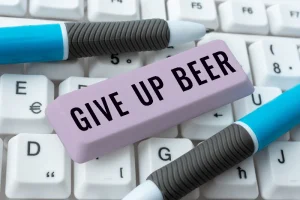
When someone dealing with addiction decides they are going to use, it’ usually just a matter of time until they do it. The first six months of recovery is the period when a relapse is most likely to occur. However, forming an alcohol relapse plan or a drug relapse prevention plan can be beneficial for people in recovery. Many people get triggered by high-stress situations, but others find celebrations and other positive experiences to be major triggers.
- Having someone to support in situations where you are at risk of relapse can help.
- On the other hand, external triggers are people, places, and objects that remind you of past substance abuse and reinforce the desire to use drugs or alcohol.
- Health problems, increased responsibility and other events can result in stress that triggers drug cravings.
- Learning various acronyms can help a person identify when they need to improve their self-care, such as HALT (Hungry, Angry, Lonely, Tired).
How can I identify and manage high-risk situations for relapse?
Sticking with treatment for the entire length of the program is important, too. Every country, every town, and almost every cruise ship has a 12-step meeting. There are other self-help groups, including Women for Sobriety, Secular Organizations for Sobriety, Smart Recovery, and Caduceus groups for health professionals. It has been shown that the way to get the most out of 12-step groups is to attend meetings regularly, have a sponsor, read 12-step materials, and have a goal of abstinence 24,25. A person can find alternative routes to avoid high-risk places, such as places where they used to meet their dealers or bars where they used to binge drink. Remember, reaching out for help and support is vital if you ever feel overwhelmed or struggling.
Managing High-Risk Situations
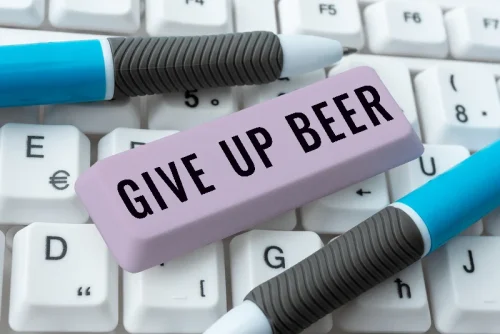
It is crucial to identify and understand these situations in order to support the recovery process and ensure progress. By recognizing and comprehending these scenarios, individuals can effectively develop strategies types of relapse triggers to manage or avoid them. Environmental cues play a significant role in triggering relapse for individuals in recovery from addiction. These cues can vary from person to person; however, understanding them is essential for developing effective strategies to prevent relapse.
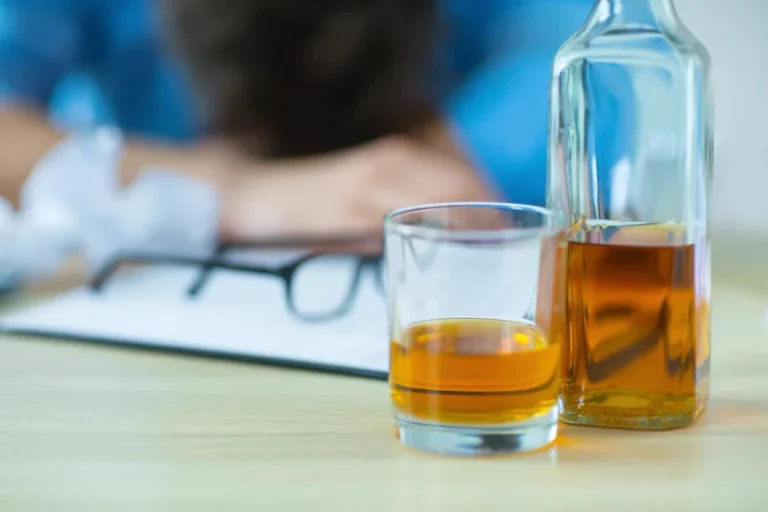
External Triggers
The triggers listed above might not apply to everyone and could vary depending on individual circumstances. Learning your own specific triggers can be important in relapse prevention planning and can help you manage cravings and triggers when they occur. A trigger is an emotional, environmental or social situation that drags up memories of drug or alcohol use in the past. These memories can stir up strong emotions that lead to the impulse to use a substance again. Triggers do not necessarily lead to relapse, but they do make it harder to resist the sudden cravings they produce.
